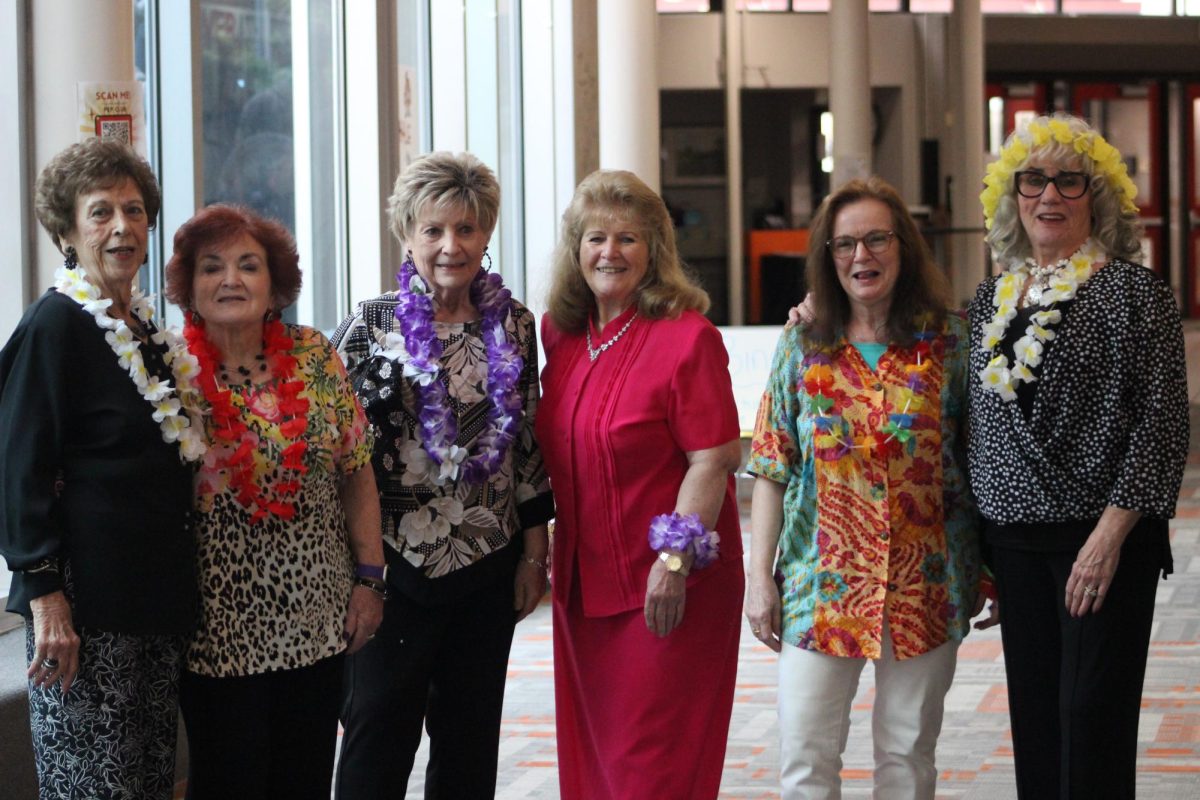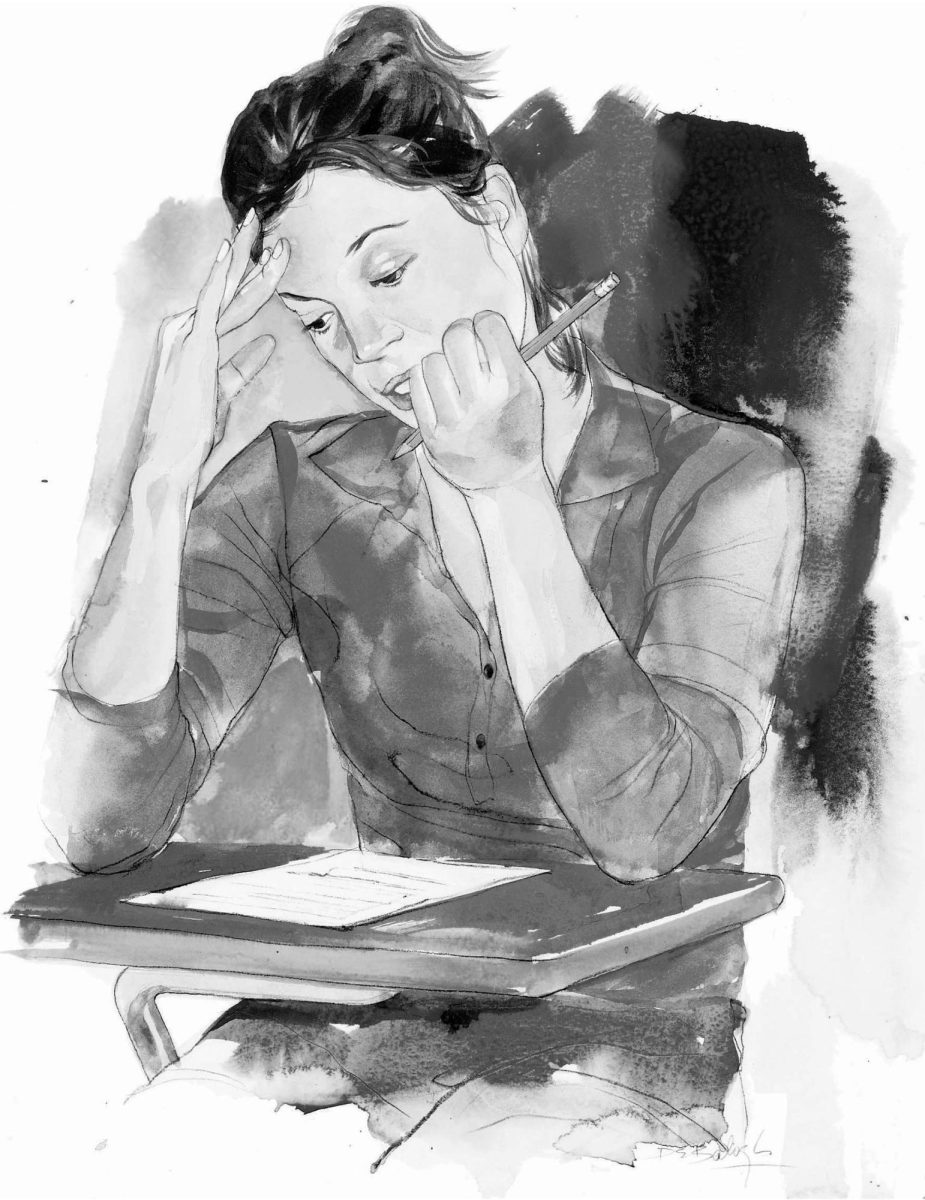The Holocaust, which claimed the lives of six million men, women, and children, for no reason other than they were Jewish, remains one of history’s darkest chapters; its devastating impact still felt across generations.
International Holocaust Remembrance Day is observed Jan. 27, and this past January marked the 80 anniversary of the Liberation of Auschwitz. At both North Canton Middle School [NCMS] and Hoover High School, the Holocaust is studied and remembered through various courses and literature.
NCMS eighth grader Phillip Ogilvie talked about his experience.
“I learned much about the Holocaust in school,” he said. “We spent many weeks reading books like ‘The Diary of Anne Frank’ and ‘Four Perfect Pebbles.’”
NCMS eighth graders also take a field trip to B’nai Jeshurun Congregation in Pepper Pike to participate in their Face to Face program. This program allows students to see artifacts and talk with a Holocaust survivor.
NCMS English teacher Mr. Gary Moody spoke about the significance of this trip.
“Participating in the Face to Face program is about connecting our students with Holocaust survivors while we still can,” he said. “Many survivors are in their 80s, 90s, or even 100 or older, so it is a precious experience that future students may not have.”
NCMS English teacher Mr. Dan Martin elaborated on the thoughtful goals and methods behind the curriculum.
“Overall, we approach Holocaust education with an emphasis on historical accuracy, emotional sensitivity, and age appropriate materials,” he said. “Before diving into difficult content, we discuss why we study the Holocaust and what we can learn from it. We also strive to create a classroom environment where students feel safe asking questions and expressing emotions. By using personal narratives, such as ‘The Diary of Anne Frank’ and ‘Four Perfect Pebbles,’ we want to connect with real people rather than just statistics, making the history more tangible and meaningful.”
The personal connection to history is accomplished through this trip.
“Meeting a survivor or family member brings a reality that students just can’t get from a textbook,” Martin said. “Hearing a firsthand or second-generation account helps students understand that the Holocaust is not just history — it affected real families and individuals. The numbers can get overwhelming, but every single one of them is a real person with a real family. Seeing that first-hand is invaluable for students and also for the people sharing their stories.”
To many students, this experience can be life changing — including Ogilvie.
“Hearing what she [the survivor] and her family went through made me emotional, and hearing how they were treated made me feel very emotional especially,” he said. “When she talked about being in a concentration camp and being separated from her family, I felt very moved. The survivor story changed my perspective. I study history, so I’m used to seeing things only as lines on a map or some documents, but this first-hand account made me realize just how bad things really were.”
For Moody, he is “very grateful” for the opportunity to not only learn more about the Holocaust, but how to “teach the topic appropriately.”
“Thanks to a plethora of professional development opportunities all over the country, I have become acquainted with best practices and world-class research,” he said. “I’m extremely lucky to be part of the Kol Israel Foundation’s board of directors as an officer and a fellow with the U.S. Holocaust Memorial Museum in D.C. Both of these opportunities have made me a better teacher and person. Teaching the Holocaust is definitely a passion project for me.”
Like Ogilvie, the students gained much from this experience.
“We are very fortunate to have incredible students here at North Canton Middle School,” Moody said. “We hope that the experience will help them make good decisions now and in the future and that they will make sure that something like the Holocaust never happens again. I want to inspire students to ask why. Hopefully, knowing why something happens will help us prevent tragedy in the future.”
The museum shows students the true tragedy of the Holocaust. Ogilvie reflected on the trip.
“After leaving the museum, I felt very moved and solemn,” he said. “I was emotionally moved and saw the Holocaust in a different way.”
By teaching about the Holocaust, generations remember the lives lost, the voices silenced and the tragedies and injustices brought forth by society.
“This is an important unit for eighth graders.” Martin said. “They generally do not come away with fully formed ideas, but they begin to consider the importance of standing up against injustice, even if they are not directly involved. They begin to see the importance of resilience and hope. They begin to see how events in the world around them could affect their lives. And they begin to see the importance of the individual choices they make and the effects they may have on others.”







